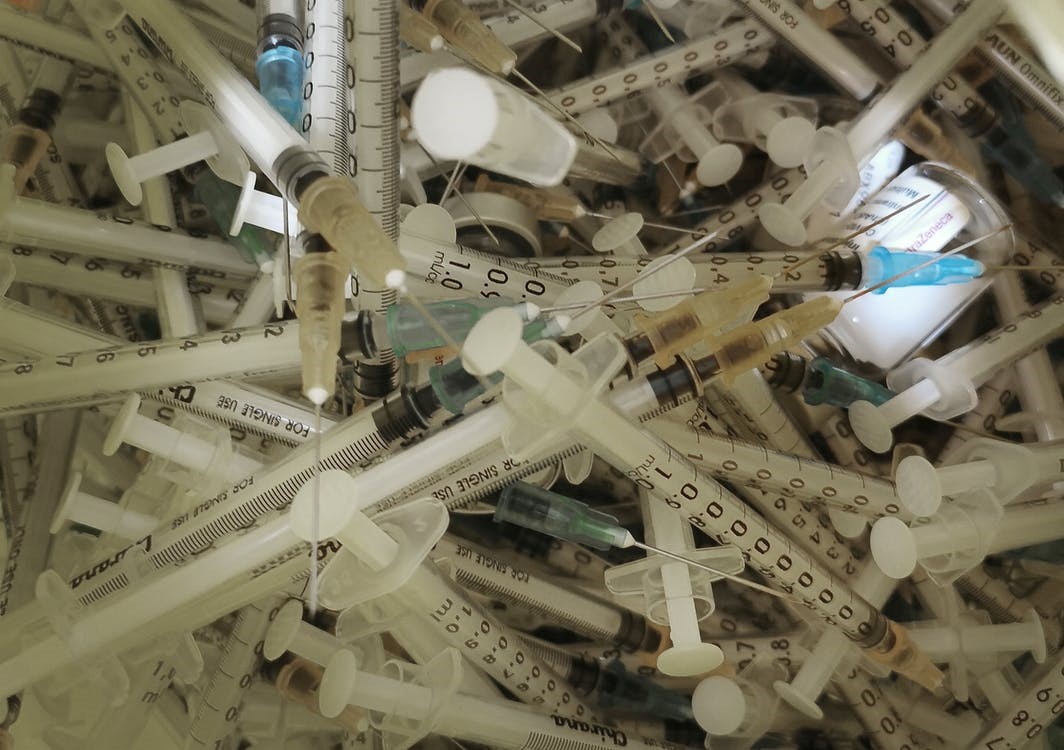Can You Incinerate Hospital Waste?
8/29/2022

Incinerating hospital waste is generally the most effective way of treating specific medical wastes such as pathological, trace chemotherapy and non-hazardous pharmaceutical waste. Unlike the usual method of burning, incineration is done in a furnace which makes it much safer and poses less of a risk to the environment and human health.
There are also other alternatives for treating medical waste. However, they are often incapable of completely eliminating specific pathological and pharmaceutical wastes. In fact, more than thirty states in the US require certain medical wastes to be incinerated.
The EPA has also recommended the incineration of pharmaceutical waste to minimize the risk of water contamination.
Hospital waste today is typically comprised of 15% infectious waste and must be incinerated or sterilized to limit the chances of any disease spreading.
Conclusion
With how medical technologies have been slowly advancing and different regulations for proper waste management increasing, there will also be an inevitable increase in the amount of medical waste, leading to the need for incineration.
Although incineration is a common method for disposing of medical waste, unregulated incineration can be harmful and pose a threat to the environment and human health. It’s important to make sure the regulations and guidelines are followed to ensure safe incineration.
There are also other alternatives for treating medical waste. However, they are often incapable of completely eliminating specific pathological and pharmaceutical wastes. In fact, more than thirty states in the US require certain medical wastes to be incinerated.
The EPA has also recommended the incineration of pharmaceutical waste to minimize the risk of water contamination.
Hospital waste today is typically comprised of 15% infectious waste and must be incinerated or sterilized to limit the chances of any disease spreading.
Conclusion
With how medical technologies have been slowly advancing and different regulations for proper waste management increasing, there will also be an inevitable increase in the amount of medical waste, leading to the need for incineration.
Although incineration is a common method for disposing of medical waste, unregulated incineration can be harmful and pose a threat to the environment and human health. It’s important to make sure the regulations and guidelines are followed to ensure safe incineration.
